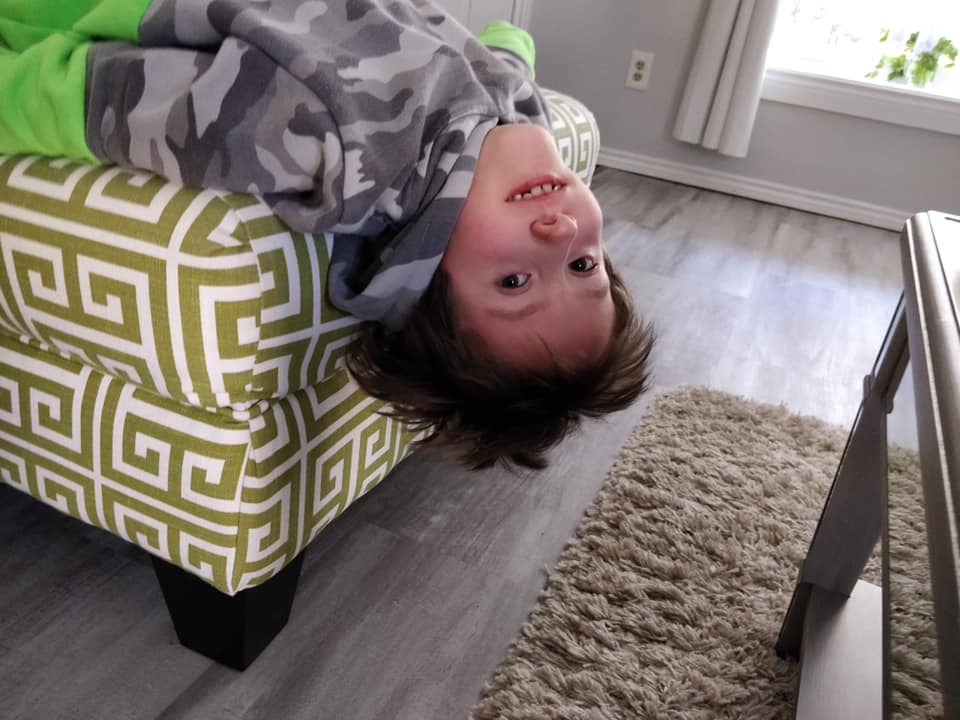A conversation is happening between two parties: the speaker and the listener. Each one plays a very important part in this ‘dance’. If we truly listened, we would hear more than just the words of our opponent. We would hear what was not said. We would hear the true meaning behind the spoken words.
Let me tell you a little story: a couple of weeks ago, my son came into our bedroom at night – it must have been around midnight. This was unusual. Normally, he would just go to the bathroom and then straight back to bed. Well, he did not say anything while standing next to me, then turned around and went to the bathroom and then back to sleep. Still, it was a bit strange.
The next day, he did not remember the incident, as I had expected. That evening though, when my husband brought him to bed, he suddenly erupted into a panic. He started to cry and scream hysterically that he did not want to go to sleep and dream about him dying again. So he must have had a nightmare the night before about him being dead. My husband could not calm him down and our son called for me.
Seeing my son in such distress was heartbreaking. Normally, I would have held him and hoped that his fear would disappear and that he would calm down, but I would probably not have been able to shift his mindset. I would not have known what to do in that moment. Well, thanks to my coaching education, I was trained for situations like this one. When I held my son in my arms, I instinctively went into ‘coach position’ and just listened. I heard him repeat: “I do not want to dream about dying anymore!” So, I asked: “Well, what do you want to dream about?” That was the million dollar question. That was the question that moved him out of his terrified mindset almost instantly. He said: “I want to dream about something fun.” So I asked him to tell me about a time when he had fun and he started talking about the playground the other day, and the kids he played with and he laughed and was happy again. This happened in a matter of less than 3 minutes after I took him into my arms.
He went to sleep happily that night, hopefully dreaming about his time on the playground.
What happened here was, that I was solely focusing my attention on him. Generally, we focus our attention to the problem and try to find a solution, so focusing our attention within ourselves to find the answer. In this case, I did not focus on myself at all, I was just listening to my child and responded to what he was telling me.
The thing with listening is that for the most part, we listen with an agenda. We listen to either reply, we listen to give advice, we listen to patronize. But we hardly ever listen just to listen.
Many people feel that they are being misunderstood or that people receive what was said in the wrong way. Well, as a speaker, we can bend over backwards all we want to get our message across. If a person comes with a specific mindset, they are bound to misunderstand since they are guided by their emotions, limiting beliefs, self-sabotaging behavior or current state of mind.
What can we do to resolve a brooding dispute over spoken words before it can manifest itself in resentment? We ask the speaker if what we understood is what he/she meant. In most cases, the answer will be no. Don’t assume that someone who tells you something is trying to hurt you. Most of the time, it is your own mind that creates this assumption.
Truly listen to what is said. You will hear so much more!



Leave A Comment